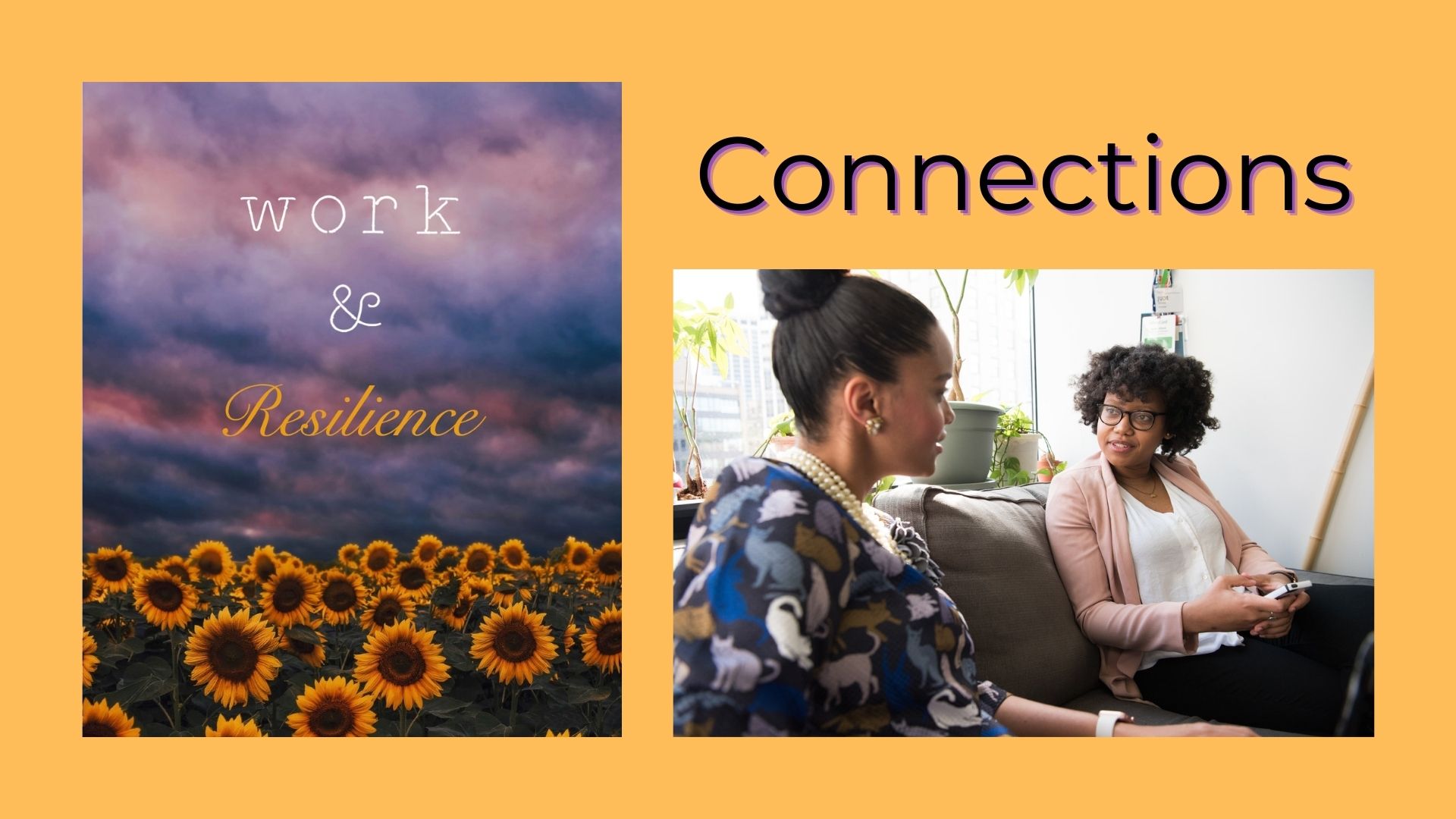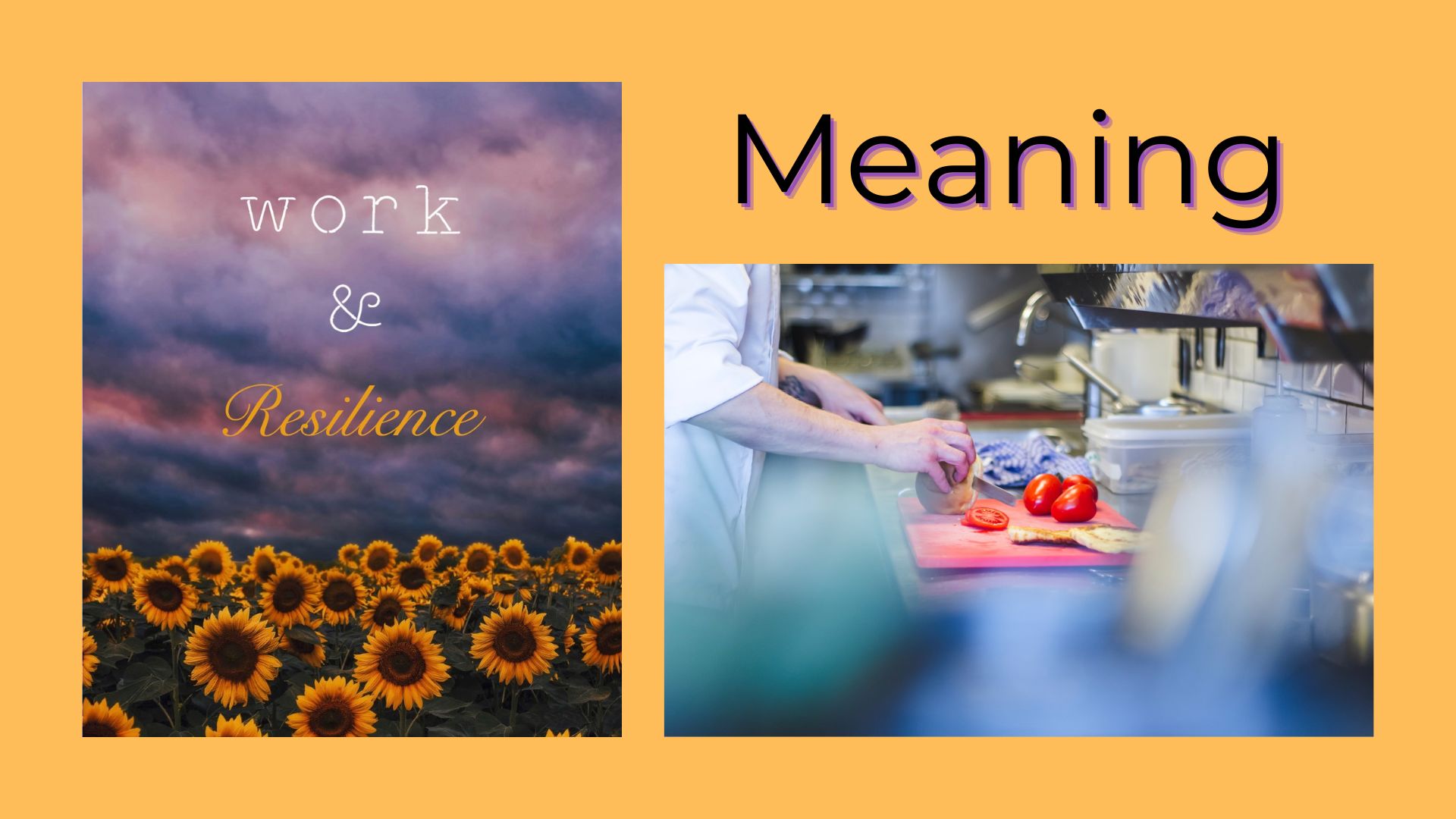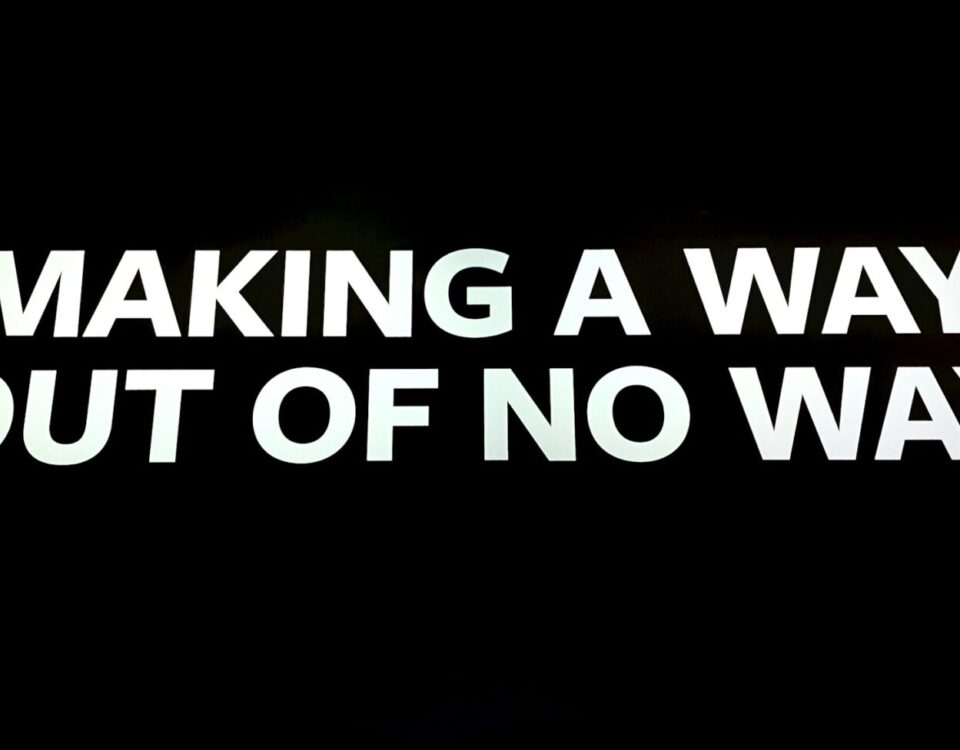
Work and Resilience: Connections
May 18, 2022
Work and Resilience: Meaning
June 8, 2022This post is the fourth in a series on how your work, paid or unpaid, affects your resilience. Previous posts include: “Work and Resilience,” “Doable,” and “Connections.”
Does your work provide a healthy balance between direction and autonomy?
One aspect of resilience is having a sense that you are capable and effective. Work which supports this sense of efficacy provides a clear “what” and a flexible “how”. When a job lacks direction it is hard to know what it is you are supposed to get done. Clear priorities are critical in jobs that are many faceted. As important as clear direction is autonomy. Having the flexibility to use your talents and abilities in ways that work for you both supports your resilience and better meets the needs of the client or project.
Direction and autonomy. In order to balance these, there needs to be communication. Jobs in the helping professions are complicated, involving competing priorities and ever-changing circumstances.
Communication
Is the communication at your job clear about goals and guidelines?
Example: A supervisor didn’t have time to attend a meeting with a contractor so she briefed a staff member. The staff person asked a few questions and felt she knew what needed to be done. After the meeting the staff person returned to the office and said, “The meeting went great, they agreed to the goals we discussed. Here is the signed contract.” Her supervisor blew a fuse! “You can’t sign contracts! Your job was to share our concerns and bring back a proposal!”
One minute this person was feeling very effective in her position, the next she was being yelled at for taking on a responsibility she thought she had been asked to do. This kind of surprise is frustrating and exhausting, leaving a person unwilling to take more risks. Is the communication at your job clear about objectives and priorities as well as rules or guidelines?
Priorities
Are the priorities of your job clear?
Example: My first independent babysitting job was with three highly active children. As the mom’s car pulled into the driveway, I knew I would never be asked to watch the kids again. The house was a wreck! Turns out her priorities were safety, fun, and burning off energy. I was hired!
Clear priorities allow you to focus on what matters most and judge for yourself how the day is going. While it would be awesome to check off your entire task list, I have met few jobs that were so simple. Priorities identify the “must do” and the “when I can”. What are the priorities in your job? Who can you consult with when priorities compete?
Autonomy
Can you do your job your way?
Example: A friend worked in a call center and consistently had high productivity. A new supervisor announced that desks had to be clear of all non-work things to reduce distractions. That included her doodling supplies – pens and markers of every color. When her productivity decreased, he didn’t understand that for her, doodling allowed her to focus on calls.
Jobs that lack autonomy often fail to see individuals as unique with different ways of accomplishing the same end goal. What one person needs may be irrelevant or even a hindrance to someone else. Autonomy allows for creativity, divergent needs, and flexibility.
Work that supports resilience includes clear direction and autonomy. I have always worked in health or mental health care. There are a lot of rules to follow. Being able to make changes in the order of tasks or an approach to try, allowed me to work at a rhythm that fit my abilities or met the needs of my client. Having a supervisor or team that communicates well allows you to grow and use your talents. Having the ability to control some aspects of your work increases your sense of self-determination. Contributing to the way things work gives you opportunity for learning and growth, both vital factors for resilience.
Be sure to sign up for our email here so that you receive the whole series. We will also be sending an invitation to join a live Zoom conversation about your insights.
Peace,
Laura A. Gaines





